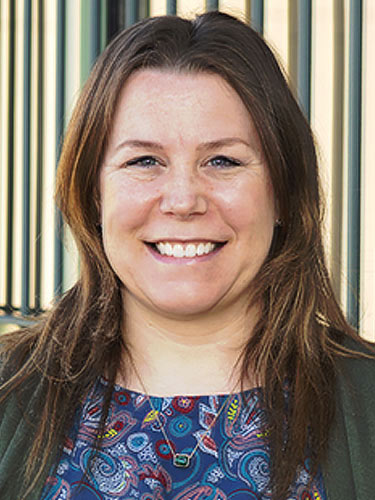I talk with families about vaccines almost every day. There’s so much misinformation
out there, often from social media or even certain news sources, so it’s no surprise
parents have questions or concerns.
One of the most common misconceptions I hear is the idea that vaccines are linked
to autism. That claim has been thoroughly debunked, but the fear still lingers for
many. When it comes up, I explain that there’s no credible scientific evidence supporting
that connection and walk them through what we do know from research.
I’ve found that the best way to approach it is not from a place of authority, but
as an understanding partner. I try to sit down with parents and say, “Tell me what
you're worried about. What are your concerns?”
From there, I try to meet them where they are. Sometimes that means we agree to do
just one vaccine at that visit, and they can come back to talk about the others. The
goal is to build trust and work together, at the family’s pace, to make decisions
that protect their child’s health.


